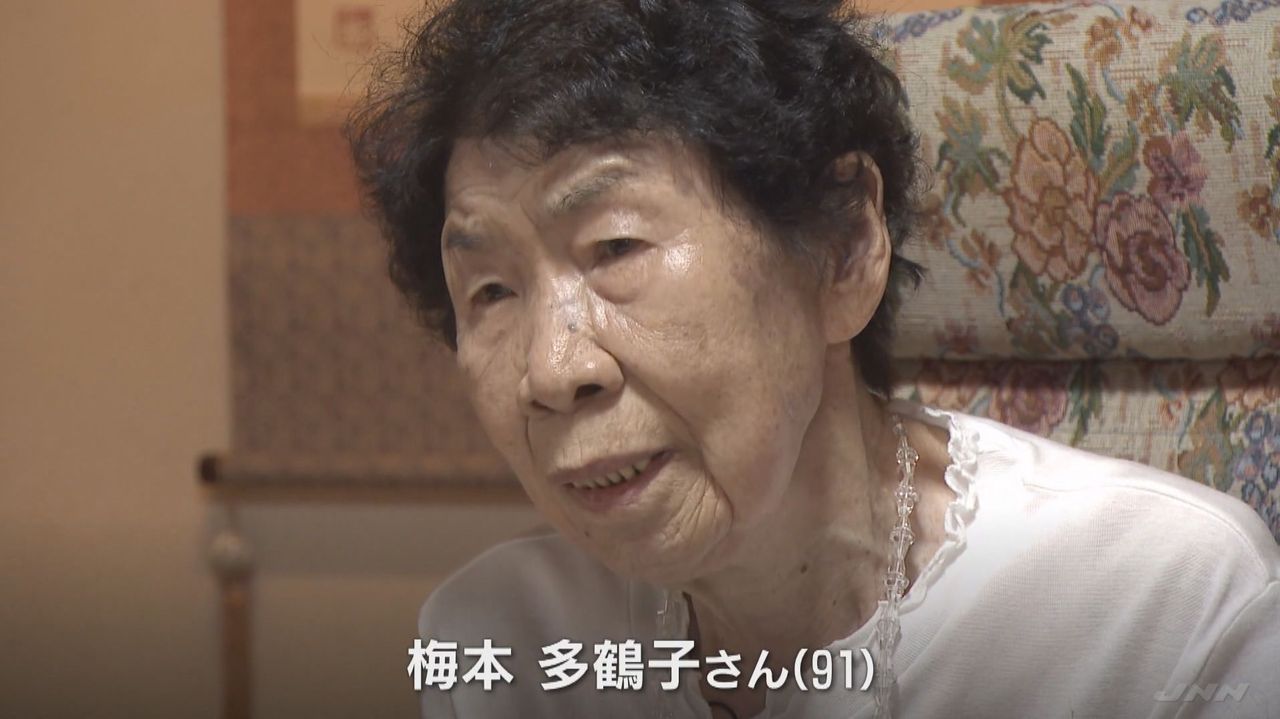A young girl who initially celebrated her cousin's death due to combat situation is undergoing considerable regret in her actions. Initially misunderstanding the implications of her cousin's demise, she has now comprehended the depth of her loss, sparking a personal journey of remorse and deeper understanding of life and death. The incident, while a personal tragedy, reflects a microcosm of Japan's societal views on war and death.
In Japan, attitudes towards warfare and death are a delicate and profound facet of societal norms. There's a growing anti-war sentiment in the younger generations, which can be seen with cases like this girl experiencing a change in perspective. Moreover, respect for life and empathy are deeply ingrained in the Japanese ethos, and the young girl's regret signifies her growth in understanding these time-honored values.
In comparison to Japan, public sentiment toward warfare in the US and the EU varies widely. Historical context, national pride, and political orientation play a significant role. Similar incidents showing regret for the loss of life in warfare do occur in the US or EU, highlighting a universal human truth -the ultimate value of a human life.

